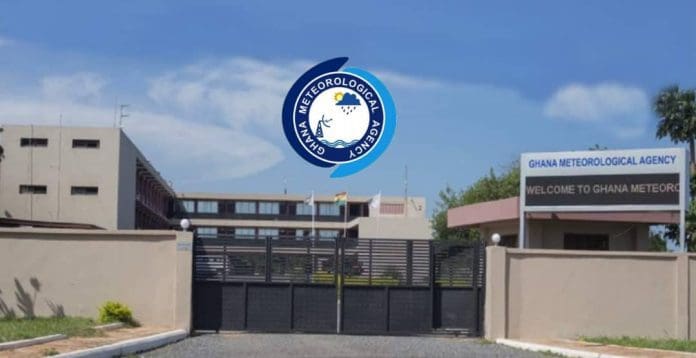The Ghana Meteorological Agency (GMet) aims to deploy comprehensive early warning systems for weather-related disasters by the end of 2027.
The initiative addresses gaps in climate hazard preparedness across the country.
Senior meteorologist Joshua Asamoah announced the timeline during a media workshop in Accra focused on improving weather communication. The system will target protection against severe weather, flooding and climate events affecting public safety.
Currently, 60% of Africa’s population lacks access to effective early warning systems, creating vulnerability to climate disasters. Ghana’s planned system aims to ensure broader coverage through improved forecasting and communication networks.
The meteorological agency conducted training for journalists and media professionals on interpreting and communicating weather forecasts to the public. Participants included radio hosts, producers and news editors responsible for disseminating weather information.
Asamoah emphasized media responsibility in building public trust around weather warnings. Effective communication can significantly reduce casualties and property damage when severe weather threatens communities.
Weather, climate and water-related events account for approximately 35% of disasters across Africa, according to agency data. Ghana seeks to strengthen preparedness through enhanced forecasting capacity and public awareness campaigns.
Mobile communication technology has improved warning distribution capabilities, enabling more timely alerts to reach vulnerable populations. The agency plans to leverage these platforms for the expanded early warning system.
Felicity Ahafianyo, head of the Central Analysis and Forecasting Office, issued specific safety guidance during the workshop. She advised aircraft pilots to avoid deep convection clouds that produce severe turbulence and lightning, particularly during afternoon conditions.
Motorists received warnings about road hazards including fallen trees and debris during storms. The safety recommendations reflect common risks during Ghana’s rainy seasons when severe weather frequently disrupts transportation.
The meteorological agency has begun consultations with transport unions and informal worker associations to develop targeted weather services. These groups face particular risks from outdoor work and weather-dependent activities.
Early warning system development supports broader climate adaptation efforts as Ghana experiences increasing weather variability. Effective warnings can protect lives and reduce economic losses from preventable weather-related damage.
The 2027 deployment timeline requires substantial investment in forecasting technology, communication infrastructure and training programs. International cooperation may support technical aspects of system development.
Ghana’s early warning initiative aligns with regional efforts to improve disaster preparedness across West Africa, where climate change increases frequency and intensity of extreme weather events.
Source: newsghana.com.gh











